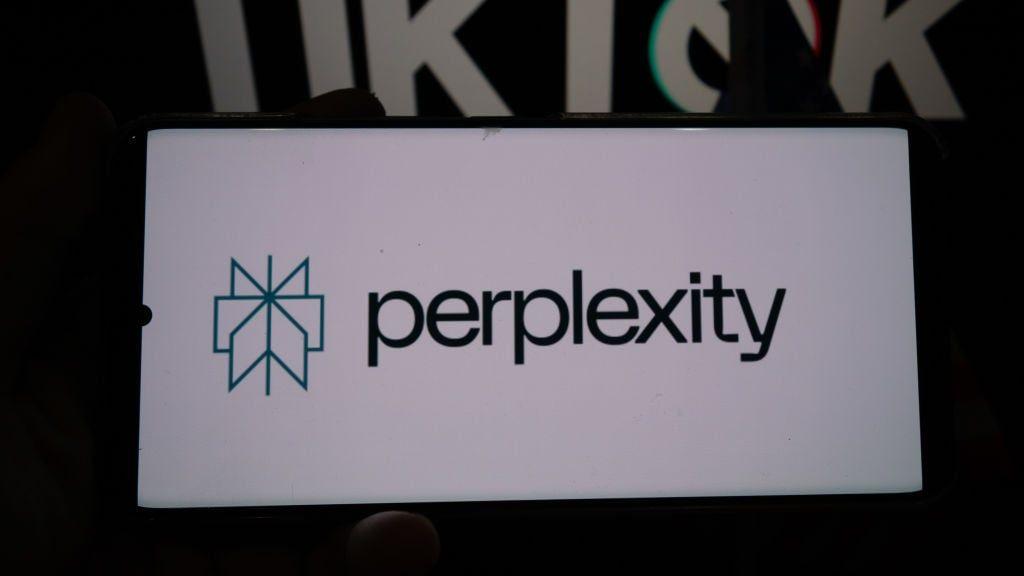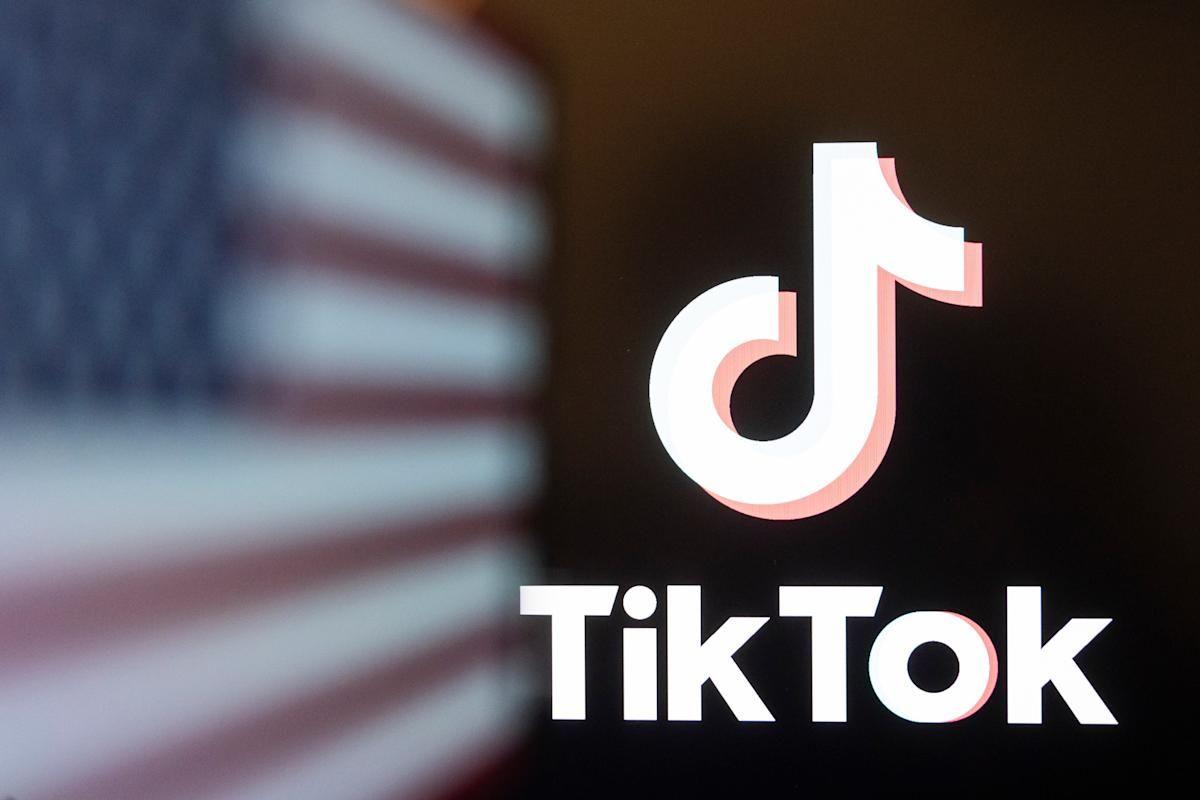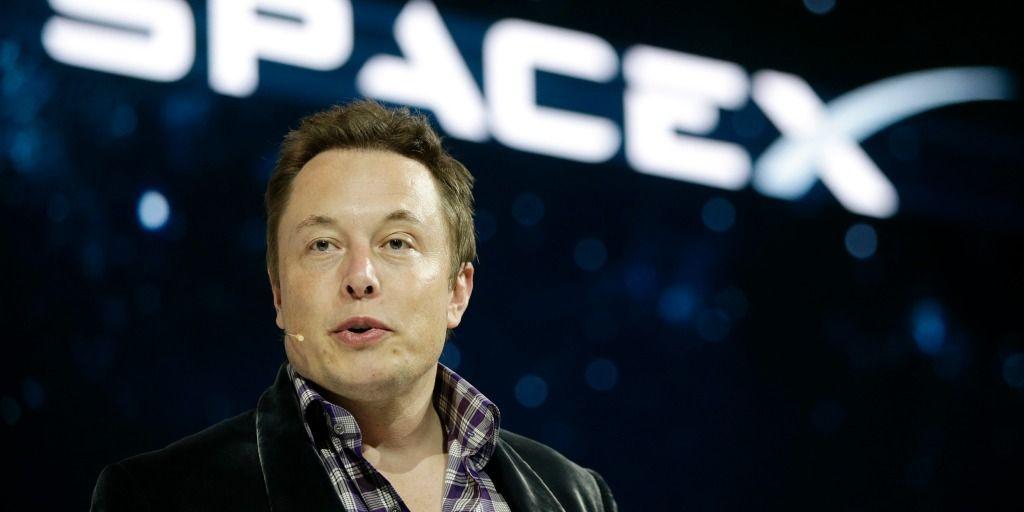Elon Musk Emerges as Potential Buyer for TikTok's US Operations Amid Ban Concerns
4 Sources
4 Sources
[1]
View: Why Elon Musk is not the answer to US concerns over TikTok
Elon Musk is being considered as a potential buyer for TikTok as the US government aims to ban the app. Incorporating TikTok into Musk's X could help his goal of an 'everything app' and provide training content for his AI startup. However, concerns remain regarding the influence and data collection risks.The idea of Elon Musk as a potential buyer for TikTok may seem like the craziest development yet in the saga of the US government's determination to ban the app. But it's not as out-of-left-field as it sounds, and would carry its own potential harms. The world's wealthiest man has long said he hopes to create an "everything app," and incorporating TikTok into X, formerly Twitter, would take him a step toward that goal. It could also offer a potential goldmine of training content for his artificial intelligence startup, xAI. And as a close ally of incoming President Donald Trump, who campaigned to save the app, it's less surprising that his name came up as part of potential deal-making with Beijing. TikTok has all but exhausted its legal avenues to overturn the law that would ban the platform in the US if it isn't sold by it's Chinese parent company, ByteDance Ltd. TikTok is fighting for its future in the US as the threat of Chinese cyber-espionage has emerged as a sensitive issue in Washington. The US Treasury Department said last month that it was hacked by a Beijing state-sponsored actor, just days after the White House disclosed that nine telecommunications firms had been breached by a Chinese group. Before the Supreme Court last Friday, the representative for the US government referenced these attacks, saying that China has a "voracious appetite to get its hands on as much information about Americans as possible." The law to ban TikTok targets "covert content manipulation by a foreign adversary," the US Solicitor General argued before the high court, saying the Beijing could "secretly manipulate" the platform to advance its agenda. The government also maintained that TikTok's ability to collect troves of US user data constitutes a threat to national security. Musk may assuage Washington's fears that the app could be used to by Beijing to manipulate Americans' opinions. But the billionaire's takeover would also show that money and power can buy social media influence campaigns, although perhaps less covert ones. And Beijing's hacking attacks, as well as loose US data protection laws, reveal China has other methods to glean Americans' digital data. This should be a wake-up call for Congress that comprehensive regulations to protect citizens on all platforms from risks of abuse, regardless of where an app's parent company is based, is long overdue. Since Musk acquired X more than two years ago, the platform has become a cesspool of right-wing misinformation and racism that has had real-world consequences, from riots this past summer in England to false claims that Haitian immigrants were eating pets in Ohio just weeks before the US presidential vote. He tweaked its terms of service to allow users' data to train his AI models and reportedly ordered major changes to X's algorithm to increase his own influence over the platform. Employees and leaked documents have indicated that Musk created a special system to show users his own posts first. Separate reporting suggests he lent his might to boost MAGA and pro-Trump content on X in the lead-up to the election. And it's not like this was done to support business: By some estimates, X has shed nearly 80% of its value since his November 2022 acquisition. If Musk's deconstruction of X indicates what's in store for TikTok, it's not likely to be a win for the more than 170 million American users. He has fired hundreds of staff and dismantled much of what made the platform most useful. Once the go-to place for real-time information during breaking news events, X users now are more likely to find AI-generated images or anti-DEI rage bait when they're logging on to seek the latest information on the wildfires in Los Angeles. Swaths of users, brands and advertisers have decamped to competitors, from Meta Platforms Inc.'s Threads to upstart Bluesky. A Musk takeover of TikTok remains far from a done deal. It would require a wildly complex spinoff, and it's not immediately clear how he would fund a purchase. TikTok has said it "can't be expected to comment on pure fiction." Musk has weighed in with laughing emojis. But it is telling that Chinese officials are reportedly even in discussion about an option that would involve him acquiring the US operations. In the past, China has signaled a complete rejection of a sale, tweaking its export laws in a display of fierce opposition. The legal battle has shifted since then. The Tesla Inc. chief executive officer is also one of the few American business leaders left with major exposure to China's market via his electric vehicle company. Beijing is likely aware it can still wield some power over Musk's empire. TikTok creators, meanwhile, have been flocking to another Chinese social media platform, Xiaohongshu or "RedNote," and urging their followers to do the same. They're using this protest to point out what many see as absurdities with the government's move to single out just one app. A top comment with more than 73,000 likes on a viral TikTok video posted Tuesday read: "I'd rather lose it than have it be bought by Musk honestly." Musk may be able to prevent TikTok from being banned due to Beijing's threats, but his track record shows he likely won't save it from being used to influence Americans or collect vast amounts of their data. Washington shouldn't overlook these risks either.
[2]
Elon Musk Won't Save TikTok
The idea of Elon Musk as a potential buyer for TikTok may seem like the craziest development yet in the saga of the US government's determination to ban the app. But it's not as out-of-left-field as it sounds, and would carry its own potential harms. The world's wealthiest man has long said he hopes to create an "everything app," and incorporating TikTok into X, formerly Twitter, would take him a step toward that goal. It could also offer a potential goldmine of training content for his artificial intelligence startup, xAI. And as a close ally of incoming President Donald Trump, who campaigned to save the app, it's less surprising that his name came up as part of potential deal-making with Beijing. TikTok has all but exhausted its legal avenues to overturn the law that would ban the platform in the US if it isn't sold by it's Chinese parent company, ByteDance Ltd.
[3]
Will Elon Musk Take The Reins At TikTok U.S.?
Listen on the go! A daily podcast of Wall Street Breakfast will be available by 8:00 a.m. on Seeking Alpha, iTunes, Spotify. The owners behind TikTok and other Chinese officials are debating what to do in the event that the U.S. Supreme Court upholds a law that would force a sale or ban TikTok in the U.S. Things are looking like they might be ruled that way, as signaled by the justices during opening arguments last week. Whatever happens will be complicated for Bytedance (BDNCE), and contingency plans appear to be in the making ahead of a Jan. 19 deadline. Who would buy it? A new report from Bloomberg suggests that Chinese officials are evaluating a potential option that would involve Elon Musk's X taking control of the U.S. operations of TikTok. That could help boost advertising efforts of the platforms, as well as potentially harnessing large amounts of TikTok data to boost Musk's artificial intelligence company, xAI. One of the keys to any deal might be buying the short-form video app without the algorithm, especially amid pressure from other contenders like Microsoft (MSFT), Oracle (ORCL), or a joint bid led by billionaire Frank McCourt and Shark Tank's Kevin O'Leary (via Project Liberty). "In my opinion, TikTok should not be banned in the USA, even though such a ban may benefit the X platform," Elon Musk wrote on X in April. "Doing so would be contrary to freedom of speech and expression. It is not what America stands for." To note, a TikTok spokesperson told the BBC that the Bloomberg report was "pure fiction." What are the boundaries of the First Amendment? That's a question that continues to be asked in the 21st century, as the tech revolution evolves from the dot-com era to social media and generative AI. TikTok is the latest to be targeted in the debate, and the effects will be seismic due to its popularity and 170M users in the U.S. The app is owned by Chinese parent ByteDance, prompting serious concerns that it can be used for espionage or algorithmic propaganda manipulation, though others call the worries overblown, even likening them to a new Red Scare. (13 comments)
[4]
Wow! Elon Musk could end up owning TikTok in the US
The discussions to sell TikTok's US operations to Musk are part of the Chinese government's efforts to work with Trump and people in his administration, which includes Musk. While the short-video app is owned by ByteDance, the Chinese government will reportedly have a say its US sale, should it come to that, said people close to the development. Bloomberg reports that discussions within the Chinese government include one potential scenario that would see Musk's X (formerly Twitter) taking over TikTok's US operations and managing the two platforms jointly. TikTok, with its user base of over 170 million in the US, could boost X's appeal to advertisers. Additionally, Musk's artificial intelligence venture, xAI, might gain significant advantages from the vast amounts of data generated by TikTok.
Share
Share
Copy Link
Amidst ongoing legal battles and national security concerns, reports suggest that Elon Musk could potentially acquire TikTok's US operations. This development raises questions about data privacy, content moderation, and the future of social media platforms.

TikTok's Legal Challenges and Potential Sale
TikTok, the popular short-form video app, is facing a potential ban in the United States due to national security concerns. The US government has passed a law that would force TikTok to be sold by its Chinese parent company, ByteDance Ltd., or face a ban in the country
1
. As legal avenues to overturn this decision are nearly exhausted, discussions about potential buyers have emerged, with Elon Musk's name surfacing as a surprising contender.Elon Musk as a Potential Buyer
Reports suggest that Chinese officials are considering a scenario where Elon Musk's X (formerly Twitter) could take control of TikTok's US operations
2
. This potential acquisition aligns with Musk's vision of creating an "everything app" and could provide valuable data for his AI startup, xAI1
. Musk's close relationship with incoming President Donald Trump, who has campaigned to save the app, adds another layer of complexity to the situation3
.Implications of a Musk Takeover
While Musk's acquisition might address some of Washington's concerns about Chinese influence, it raises new questions:
- Content Moderation: Musk's management of X has been controversial, with increased misinformation and changes to content policies
1
. - Data Usage: There are concerns about how TikTok's vast user data could be utilized, particularly for AI training purposes
4
. - Platform Changes: Musk's track record with X suggests potential significant alterations to TikTok's functionality and user experience
1
.
National Security Concerns
The US government's push to ban TikTok stems from fears of Chinese cyber-espionage and data collection. Recent hacks attributed to Chinese state-sponsored actors have heightened these concerns
1
. The US Solicitor General argued before the Supreme Court that China could "secretly manipulate" the platform to advance its agenda1
.Related Stories
Challenges and Uncertainties
A Musk takeover of TikTok faces several hurdles:
- Complex Spinoff: The acquisition would require a complicated separation of TikTok's US operations
1
. - Funding: It's unclear how Musk would finance such a purchase
1
. - Chinese Approval: While previously opposed to a sale, Chinese officials are now reportedly considering options involving Musk
1
. - User Backlash: Some TikTok creators have expressed opposition to a Musk takeover, with some migrating to other platforms
1
.
Broader Implications
This situation highlights the need for comprehensive regulations to protect users on all platforms, regardless of ownership
1
. It also underscores the growing intersection of technology, national security, and international relations in the digital age.As the January 19 deadline approaches, the future of TikTok in the US remains uncertain. Whether through a sale to Musk or another entity, or through continued legal battles, the outcome will likely have significant implications for the social media landscape and US-China tech relations
3
.References
Summarized by
Navi
[2]
[3]
[4]
Related Stories
Perplexity AI Proposes Merger with TikTok, Offering U.S. Government 50% Stake
27 Jan 2025•Business and Economy

AI Startup Perplexity Proposes Ambitious Plan to Acquire and Overhaul TikTok
22 Mar 2025•Technology

Perplexity AI Proposes Merger with TikTok US Amid Looming Ban
19 Jan 2025•Business and Economy

Recent Highlights
1
French Police Raid X Office as Grok Investigation Expands to Include Holocaust Denial Claims
Policy and Regulation

2
OpenAI launches Codex MacOS app with GPT-5.3 model to challenge Claude Code dominance
Technology

3
Anthropic releases Claude Opus 4.6 as AI model advances rattle software stocks and cybersecurity
Technology





